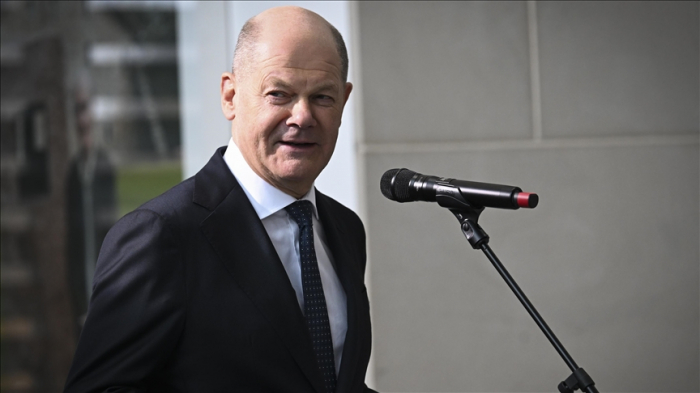“Ukraine must remain a democratic, sovereign nation—no decisions can be made over their heads. We as Europeans will not allow that to happen,” Scholz said during a heated TV debate with his rivals ahead of Feb. 23 elections.
Scholz confirmed that French President Emmanuel Macron will host a meeting of European leaders in Paris on Monday to discuss recent developments and planned US-Russia talks regarding Ukraine.
“We'll meet to agree on exactly that, and we won't allow anyone to agree, for example, that Ukraine will be demilitarized. On the contrary, it needs a very strong army so that it won't be attacked again,” he said, referring to Moscow’s demands of the permanent neutrality and demilitarization of Ukraine.
Scholz also stressed that the Europeans must be involved in Ukraine peace negotiations, given their position as the country's primary economic and military supporters.
“It won't work without us. We have provided more support for Ukraine from Europe than the US,” Scholz said. “Of course, we must have a voice in this. There will be no security guarantees that are not developed by us, that we do not accept.”
US President Donald Trump began discussing a potential peace process in Ukraine directly with Russian President Vladimir Putin last week, without consulting Europeans. Trump’s special envoy for Russia and Ukraine, Keith Kellogg, said during the Munich Security Conference over the weekend that Europeans would not be invited to planned US-Russia talks on Ukraine peace.
However, US Defense Secretary Pete Hegseth told his European counterparts last Wednesday that it will be the European countries who should send their troops to Ukraine as part of a potential peace settlement.
“If these troops are deployed as peacekeepers to Ukraine at any point, they should be deployed as part of a non-NATO mission. And they should not be covered under Article 5,” Hegseth stated, adding that as part of any security guarantee, no US troops will be deployed to Ukraine.
AzVision.az
More about: Europe Germany Ukraine Russia UnitedStates
















































